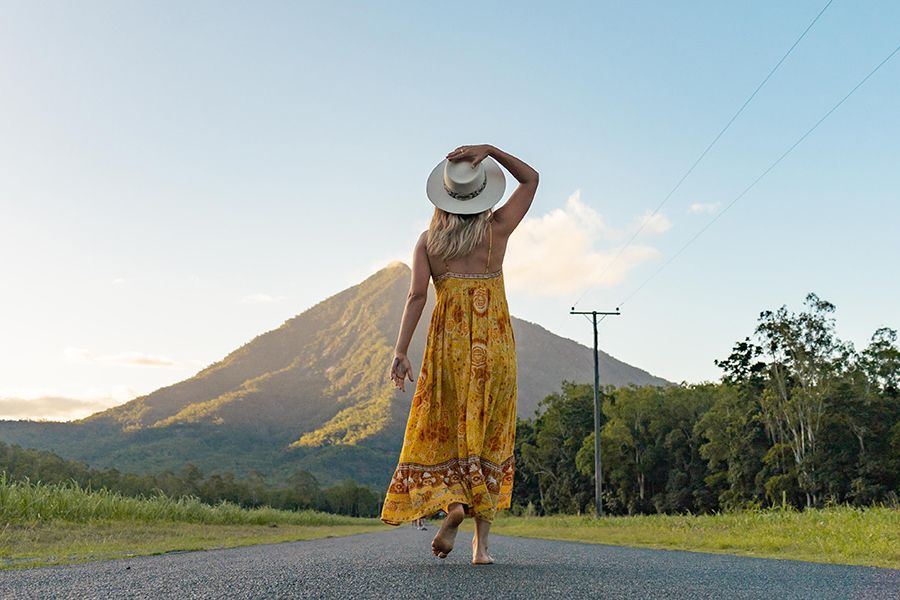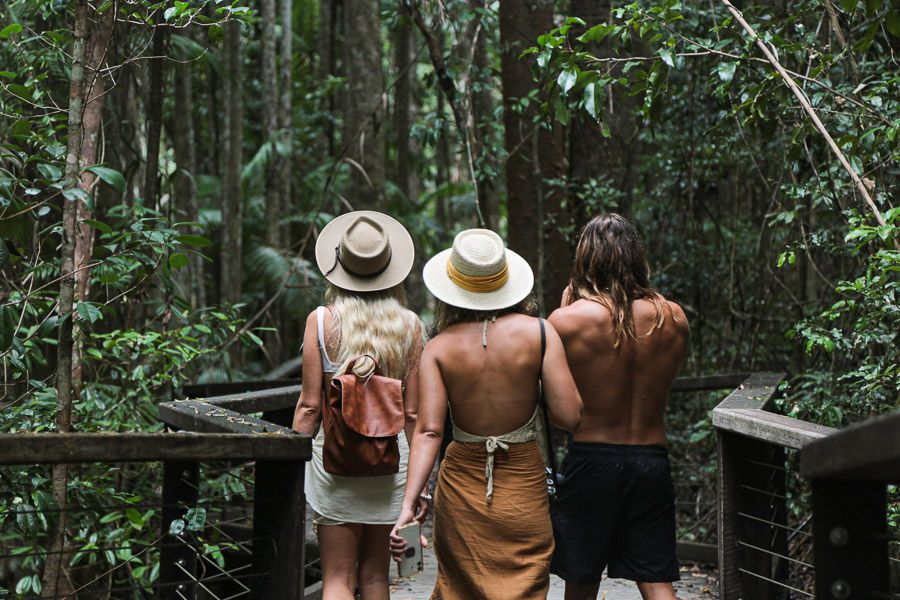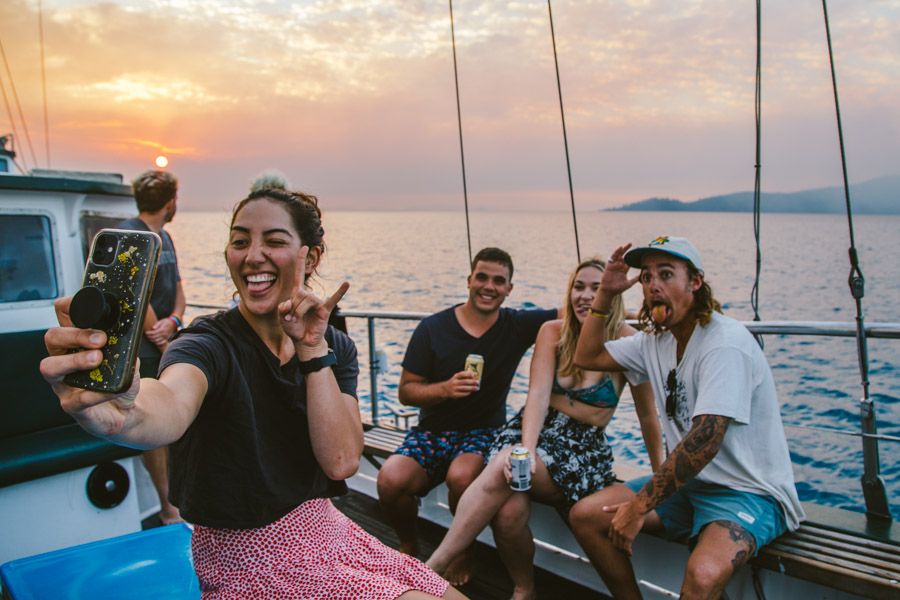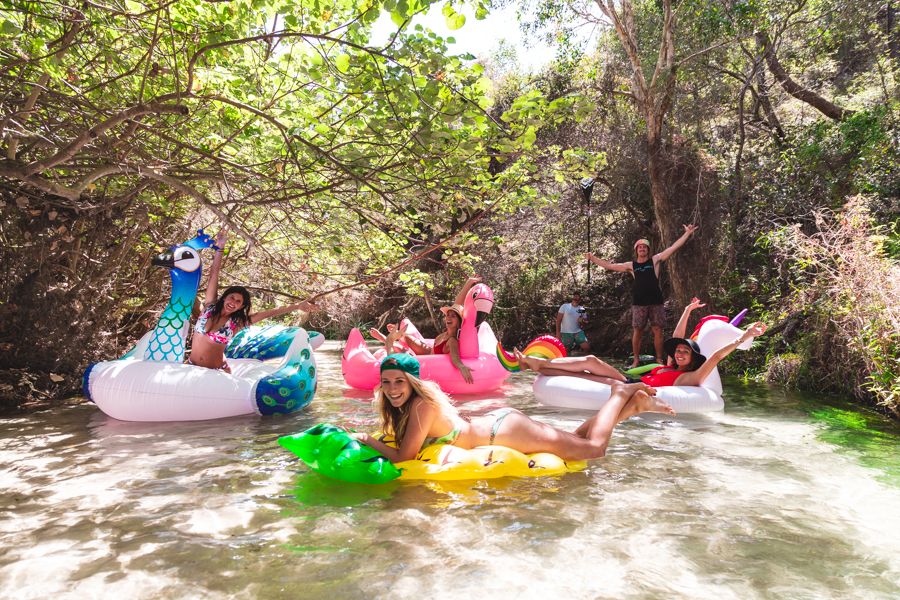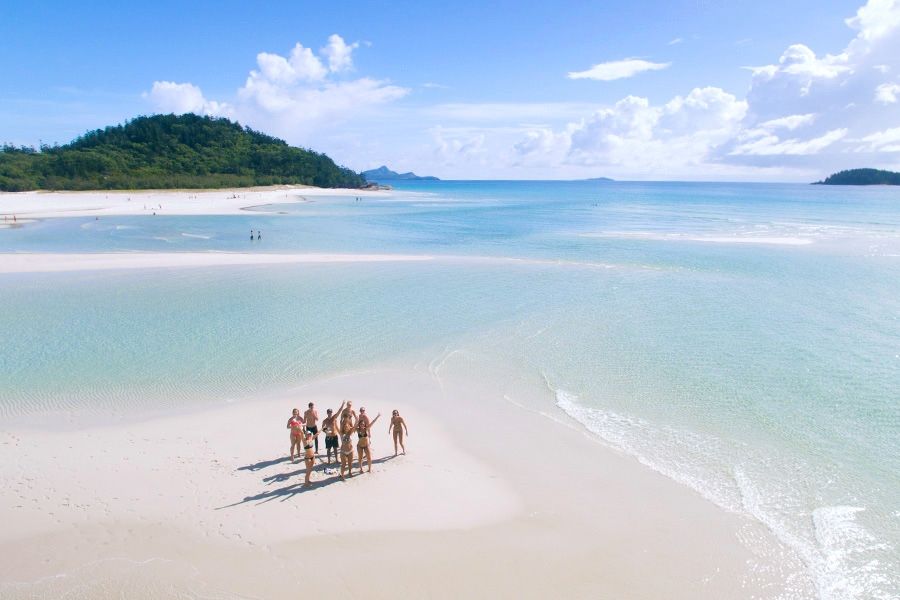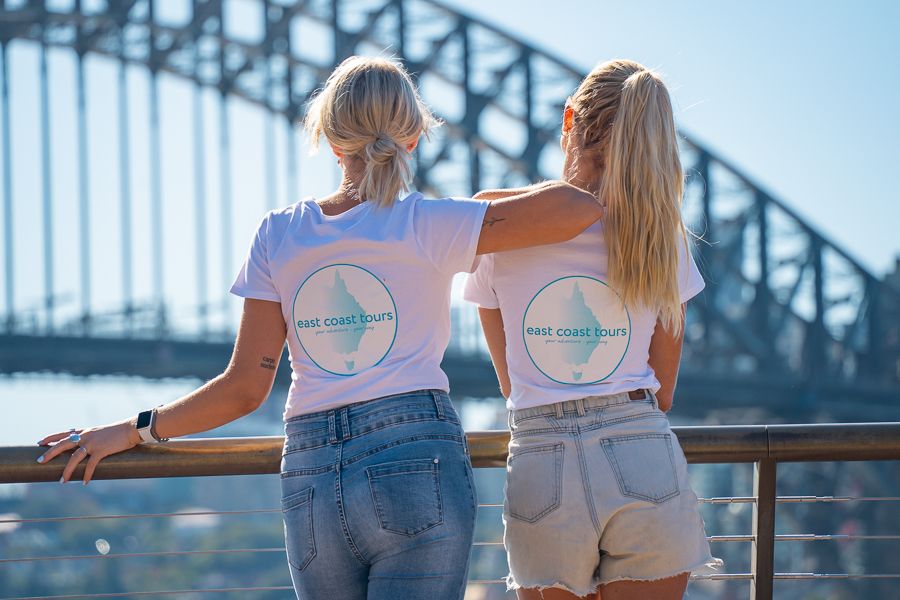Is It Hard To Get A Sponsorship In Australia?

November 19th, 2024
7 minute read

While getting sponsorship in Australia can be a little challenging, thousands of skilled workers and backpackers do it every year. Whether you’re nearing the end of your working holiday visa and not quite ready to say goodbye, or you’re simply eyeing up a life down under, it’s no surprise that you’re interested in getting a sponsored visa for Australia. You’re not the first, and you certainly won’t be the last!
The sun-soaked beaches, lively cities, and laid-back lifestyle are enough to entice people from all over the world. Getting sponsored by an employer to live and work in Australia is entirely possible, but be warned: it’s more complex than applying for a working holiday visa, and the competition can be tough! Here, we’ll break down some of the different sponsorship visa options, the best industries to secure sponsorship in, and share tips to boost your chances of approval!
Check out our full guide on how to stay in Australia after your working holiday visa.

What is an Australian Sponsorship Visa?
In a nutshell, a sponsorship visa is an opportunity to extend your stay in Australia with the support of an employer who’s willing to sponsor you. This essentially means that an Australian company is willing to vouch for you to stay in the country for longer in exchange for your work. There are a couple of different sponsor visas available depending on your and your employer’s circumstances, but Australian work sponsorship is typically suited to those with skills and experience that are in demand by Australian employers.

How hard is it to get a Sponsored Visa in Australia?
Getting sponsored in Australia is sometimes tricky - particularly for backpackers - but it’s certainly not impossible! Plenty of backpackers have come over to Australia on a working holiday visa and successfully transferred to a sponsored visa.
How to get sponsored to work in Australia
To be considered for a sponsored visa in Australia, there are a few key requirements. First, an Australian employer must be willing to sponsor you for a role that is listed on the government’s Skilled Occupation List. You’ll also need two years of experience in the relevant industry and the necessary skills for the job.
The trick is proving that you are a valuable hire with skills or experience that employers might struggle to find locally. This is often easiest in industries that are facing staff shortages, such as healthcare or trades.

Do I need a job offer to get sponsored in Australia?
Yes, typically you need a job offer from an Australian employer to get sponsored. This requires some effort from the employer, which is why it’s a good idea to start building connections during your working holiday visa. Your employer will need to nominate you for a specific role, then be able to prove that your skills are essential to the company. There are various sponsorship visas and migration schemes, each with its own rules and requirements, so it’s important to research which option will suit you best.

What types of sponsorship visas are there?
If you’re considered a skilled worker to an employer, there are several sponsorship visa options. The most common are:
Temporary Skill Shortage (TSS) Visa (subclass 482)
-
Valid for 1 to 4 years (Up to 5 years for Hong Kong passport holders).
-
Visa-holders can only work in their nominated role and for their sponsoring employer or a related entity.
-
Changing occupations requires a new employer nomination.
-
Applicants must have all the necessary skills and at least 2 years of work experience in the relevant industry.
Employer Nomination Scheme (subclass 186)
-
Permanent visa.
-
Workers must stay with their sponsoring employer for at least 2 years after their visa is granted.
-
Applicants must have the skills for their nominated role.
-
The employer must have a labour agreement.
Skilled Employer Sponsored Regional (Provisional) Visa
-
Valid for up to 5 years.
-
Workers must remain with their sponsoring employer for at least 5 years.
-
The role must be in a designated regional area.
-
A skills assessment is required (unless exempt).
-
Visa-holders may apply for permanent residence 3 years after the visa is granted.
You can find more information about individual sponsorship visas on the Department of Home Affairs website.

Which Industries Offer Sponsorships in Australia?
While it’s possible to get sponsored across various industries, certain skilled occupations offer more sponsorship opportunities than others. Healthcare, engineering, IT, and finance are among the most reliable sectors for securing a sponsorship visa in Australia, with a high demand for qualified professionals in these fields.
Construction and trade also provide sponsorship to skilled workers, particularly those with years of experience and relevant certifications. In more rural areas, the agriculture industry is another option for employee sponsorship. Meanwhile, hospitality and tourism employers, especially in popular backpacker destinations, may sponsor employees with the right skill set.
If you have skills, certifications, and experience in any of these fields, your chances of securing sponsorship in Australia are much higher. Check out the Australian Home Affairs list of eligible skilled occupations for more details on qualifying for a sponsored visa.

Can I apply for a Sponsorship Visa after my working holiday?
Of course! If you’re currently in Australia on a working holiday visa, you can apply for a sponsorship visa - in fact, many backpackers do! We highly recommend spending your working holiday visa exploring the best of Australia and having fun, but if you’re hoping to stay for longer, it’s a good idea to look into jobs in industries that are likely to offer sponsorship.
If you find a potential employer, take the time to build connections and demonstrate your work ethic and skills. Once they get to know you, they might be open to sponsoring you for a more permanent role. If you’re aiming for sponsorship in Australia, start exploring your employer options early, as the process can take time. Waiting until your working holiday is about to expire may limit your options, and you might even need to leave the country before finding out if you’re eligible.
Check out our top East Coast itineraries
How to get sponsored in Australia
As mentioned earlier, securing sponsorship in Australia can sometimes be a bit challenging due to tough competition from both skilled foreign workers and Australia’s own work force. But don’t worry! We’ve got some tips to help you improve your chances!
Focus on your area of expertise: If you have a few years of experience in your field, you’re in luck! Employers often prioritise workers with relevant skills and experience for sponsorship. Use any industry connections you have - reach out to former employers or coworkers to see if they have any Aussie contacts, connect with companies that resemble your previous employers, or join relevant industry groups to expand your network.
Adapt if you can: If you don’t have a specific area of expertise, or your field isn’t on the Skilled Occupations List, focus on industries that are suffering from skills shortages in Australia. Research what employers are looking for and tailor your resume to match their needs.
Finally, make the most of the jobs you take on during your working holiday. A temporary job or regional work could turn into a sponsorship opportunity if you’re able to wow your employer with your work ethic and skills.

Learn more about living and working in Australia with our ultimate working holiday guide.
If you have any questions about visiting Australia, feel free to reach out to our friendly team of local travel experts today!
All information, advice or pricing provided by East Coast Tours and our affiliates, or through any of our team, is subject to change. East Coast Tours articles and products are provided online for general information purposes only and are intended as guides. Any advice interpreted from information on the website (including but not limited to financial, immigration, employment and tax information) is not specialist advice and does not constitute legal, tax or other professional instruction. East Coast Tours does not guarantee that any information provided is up-to-date or accurate. Please obtain professional or governmental advice before actioning any advice, including but not limited to tax, immigration, employment, travel restrictions and finances.
